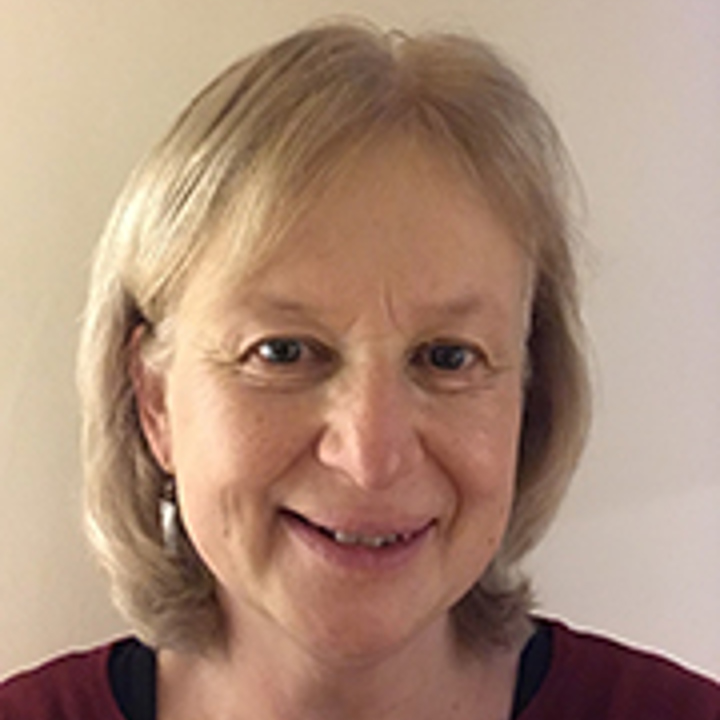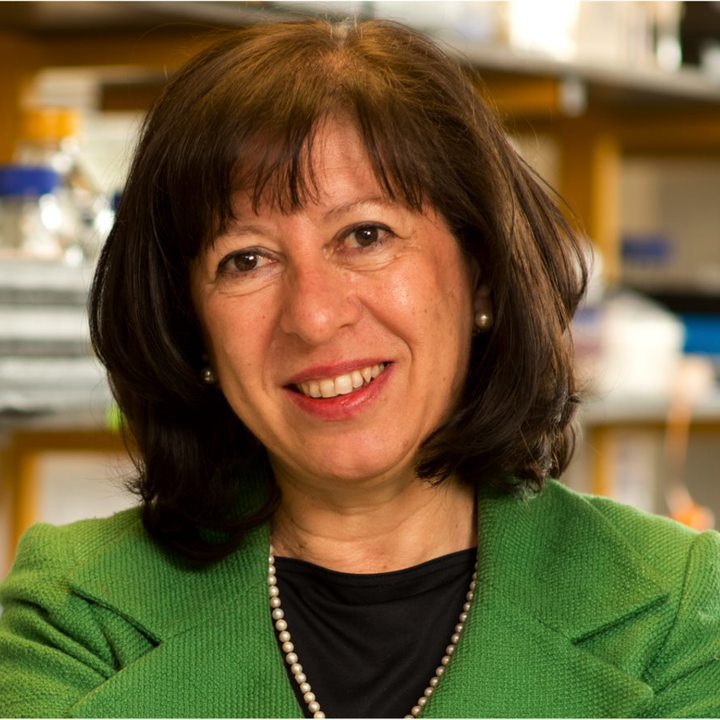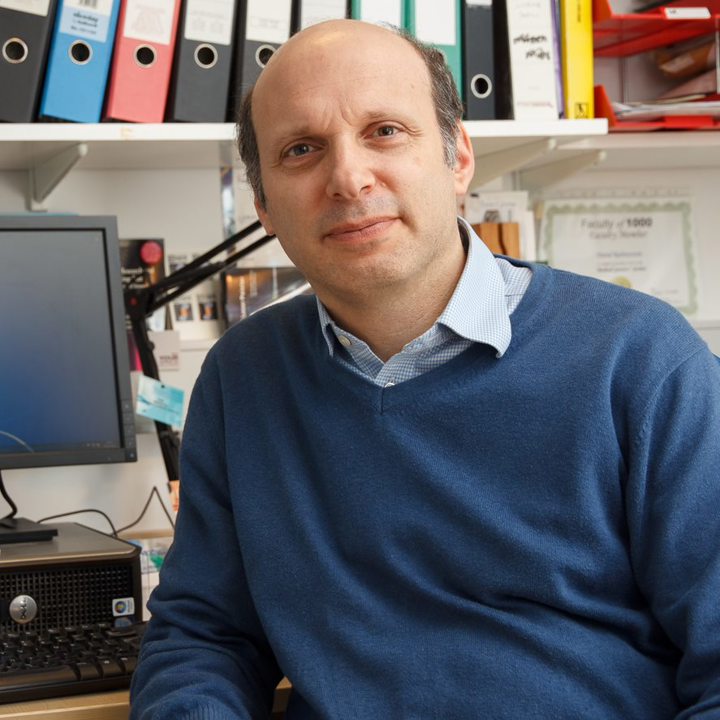
Past Award Winners
Please use the filters below to view the recipients from a specific year
Mervyn Bibb
Mervyn Bibb

Venki Ramakrishnan
Venki Ramakrishnan

Roger Sayle
Roger Sayle

Peter Dunnill
Peter Dunnill

Keith May
Keith May

Frances Platt
Frances Platt

The 2023 Thudichum Medal will be awarded to Professor Frances Platt. Frances obtained her BSc from Imperial College London (Zoology) and her PhD from the University of Bath, UK. She was a post-doctoral fellow at Washington University Medical School in St. Louis, USA. She was a Lister Institute Senior Research Fellow and is currently Professor of Biochemistry and Pharmacology at the University of Oxford. Her main research interests include the biology and pathobiology of glycosphingolipids and lysosomal disorders. Her research led to the development of miglustat for the treatment of glycosphingolipid lysosomal storage diseases.
Professor Platt was awarded the Alan Gordon Memorial Award and the Horst Bickel Award for advances in metabolic disease therapy. She was elected a fellow of the Academy of Medical Sciences in 2011 and was the recipient of a Royal Society Wolfson Merit Award in 2013. In 2016 she became a Wellcome Trust Investigator in Science. She was appointed Head of the Department of Pharmacology in 2020 and was elected a Fellow of the Royal Society in 2021.
Frances said: “This is a great honour and reflects the hard work and dedication of the many talented members of my lab that I have had the pleasure of working with over the years. I hope it will also encourage more people to work on the enigmatic sphingolipids and raise awareness of the rare diseases associated with defects in sphingolipid metabolism.”
Frances presented her Award Lecture at the 89th Harden Conference: Proteoglycans: Matrix Master Regulators between 4-7 September 2023.
Maria Grazia Spillantini
Maria Grazia Spillantini

The 2020 Thudichum Medal was awarded to Professor Maria Grazia Spillantini of the University of Cambridge, UK.
Maria is Professor of Molecular Neurology in the Clinical School of the University of Cambridge. Maria obtained her PhD in Molecular Biology from the University of Cambridge working at the Medical Research Council Laboratory of Molecular Biology, in Dr Michel Goedert’s lab. Maria then worked as a postdoctoral fellow with Professor Sir Aaron Klug. In 1996 she moved to the Brain Repair Centre of the University of Cambridge in the Department of Clinical Neurosciences. Maria’s group works on the molecular neuropathology of diseases characterised by tau and alpha-synuclein aggregates. With her collaborators, she identified alpha-synuclein as the major component of the filaments that form the Lewy bodies in Parkinson’s disease and dementia with Lewy bodies and described one of the first mutations in the Tau gene leading to frontotemporal dementia and Parkinsonism linked to chromosome 17 for which she was awarded the Potamkin Prize of the American Academy of Neurology in 2000. She has been elected a Fellow of the Academy of Medical Sciences and Fellow of the Royal Society. She is Professorial Fellow at Clare Hall and a life member of Peterhouse, Cambridge and in 2018 she has been made “Knight Official of the Star of Italy” by the President of the Italian Republic.
Maria said: “I was surprised and very happy to receive this great honour for which I would like to thank the nominators, the committee who made the award and my collaborators over the years without whom this achievement would not have been possible.”
Maria presented her Medal lecture on Thursday 9 July 2020 as part of the Biochemistry Focus webinar series. View the recording.
David Rubinsztein
David Rubinsztein

The 2017 Thudichum Medal was awarded to David Rubinsztein from the University of Cambridge. David pioneered the strategy of autophagy upregulation as a possible therapeutic approach in various neurodegenerative diseases and has identified drugs and novel pathways that may be exploited for this objective. He has made key contributions to illuminating the relevance of autophagy defects as a disease mechanism and to the basic cell biology of this important catabolic process. He has also identified druggable pathways independent of autophagy that may be relevant to diseases caused by aggregate-prone proteins. These insights open novel avenues for developing potential therapies.
Read David's article published in Essays in Biochemistry - Autophagy impairment in Parkinson’s disease.
David presented his medal lecture entitled ‘Autophagy and neurodegeneration’ on 28 July 2017 at Charles Darwin House, London, UK.
John Hardy
John Hardy

M. Ehlers
M. Ehlers

E. Barnard
E. Barnard

J. Watkins
J. Watkins

